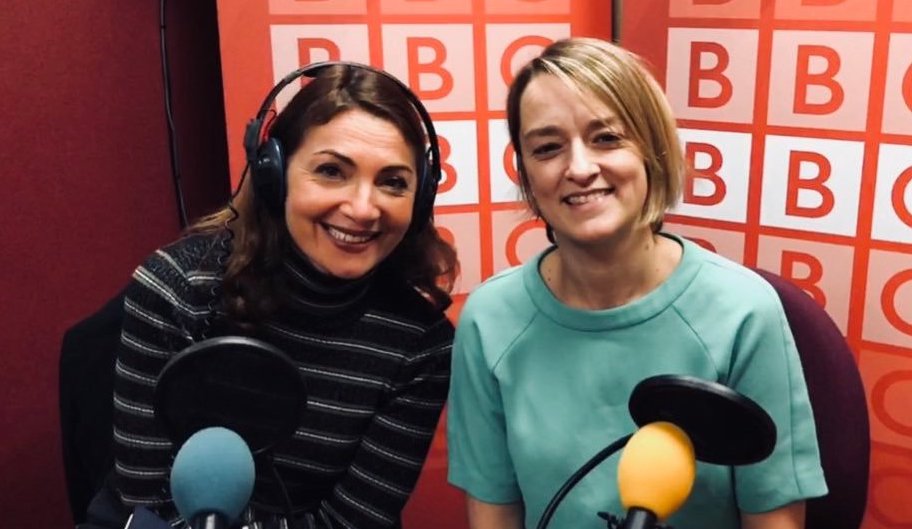The BBC’s most interesting news programme is broadcast just once a year. It’s Radio 4’s Correspondents’ Look Ahead — in which a group of the Corporation’s finest get together to anticipate the events of the next twelve months. You can listen to the 2022 edition, chaired by Lyse Doucet, here.
A trigger warning though: no programme does more to expose the one-sidedness of the BBC’s worldview.
I don’t criticise the correspondents for getting some of their predictions wrong. That’s inevitable because we can’t always know what’s coming round the corner. For a sobering example just listen to the 2020 edition in which Doucet and her colleagues chat away for 47 minutes — blissfully unaware of the coming pandemic.
However, when the experts — including the quality media — find themselves caught unawares by the next big thing, I wish they’d do more to examine their own biases and blindspots. Consider the biggest economic story of 2021 — the global supply chain crisis. Last year’s Correspondents’ Look Ahead didn’t see that one coming (nor did most economists). This year’s edition should have asked why, but didn’t.
Perhaps that’s because one of main causes of the crisis — the surge in demand created by the American government’s excessive stimulus program — doesn’t fit the “Trump bad, Biden good” narrative. Similarly when contemplating America’s continuing political polarisation, the Republican delusion about a stolen election was highlighted, but not the doctrinaire woke politics of the other side. For instance, the campaign to “defund the police” at a time of surging crime rates might have been worth a mention.
The partiality of BBC’s analysis doesn’t just apply to American politics. Inevitably it also applies to Brexit. Attempting to explain continuing UK-EU tensions, the BBC’s Europe editor Katya Adler repeated the EU line that the British government is playing to a domestic audience. The idea that the gratuitous Brit-bashing of the French government might be similarly motivated went entirely unspoken.
There was also a preachy little section on “global vaccine inequality”. Noting the low levels of vaccination in many developing countries, the question asked for 2022 was “will the West do better?” No consideration was given to the performance of developing world governments or to local levels of vaccine hesitancy. That’s not to absolve the West of its responsibilities in this matter, just to point out that yet again the discussion was one-sided.
I could go on. But I’ll end with another thing that Katya Adler said to (and about) her BBC colleagues: “we’re not supposed to have opinions.” Judging by what they say and don’t say in forums like Correspondents’ Look Ahead it’s manifestly obvious they do have opinions. In itself that’s not a problem, rather the issue is viewpoint diversity and the lack of it.
Instead of maintaining a semblance of neutrality, I’d much rather the BBC allowed and encouraged its journalists to examine the great issues of our time from a variety of different ideological perspectives. We might just get a clearer view of the future if they did.











Join the discussion
Join like minded readers that support our journalism by becoming a paid subscriber
To join the discussion in the comments, become a paid subscriber.
Join like minded readers that support our journalism, read unlimited articles and enjoy other subscriber-only benefits.
Subscribe